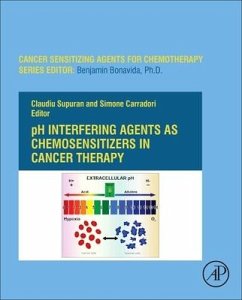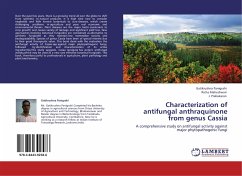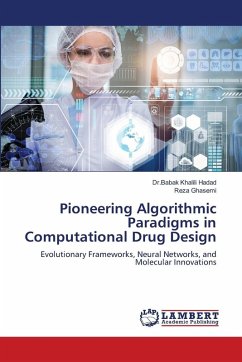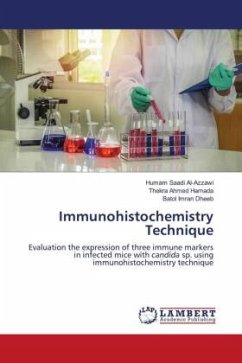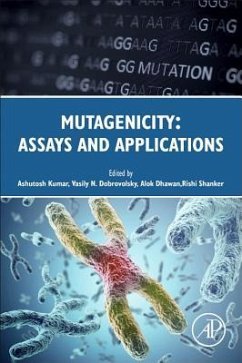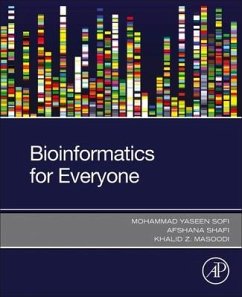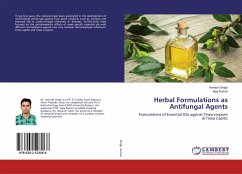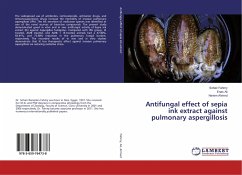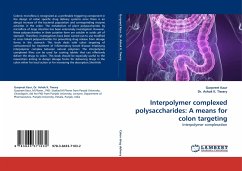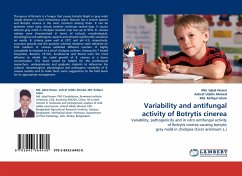
New antifungal compounds targeting TRR1 of Paracoccidioides genus
Versandkostenfrei!
Versandfertig in 6-10 Tagen
16,99 €
inkl. MwSt.

PAYBACK Punkte
8 °P sammeln!
The prevalence of invasive fungal infections (IFI) has increased steadily worldwide in the last few decades. Immunosuppressed patients present severe clinical forms of the infections, which are commonly fatal, and they are more susceptible to opportunistic fungal infections. IFI have been associated with high morbidity and mortality, partly because of the limitations of available antifungal therapies. The search for alternative therapies and/or the development of more specific drugs is a challenge that needs to be met. In silico analyses and manual mining selected 10 genes present in pathogeni...
The prevalence of invasive fungal infections (IFI) has increased steadily worldwide in the last few decades. Immunosuppressed patients present severe clinical forms of the infections, which are commonly fatal, and they are more susceptible to opportunistic fungal infections. IFI have been associated with high morbidity and mortality, partly because of the limitations of available antifungal therapies. The search for alternative therapies and/or the development of more specific drugs is a challenge that needs to be met. In silico analyses and manual mining selected 10 genes present in pathogenic fungi and absent in the human genome. We focused on TRR1 of Paracoccidioides lutzii that encodes for thioredoxin reductase. A computer-aided screening strategy against the TRR1 protein is presented here. From the molecules tested, 3 harbor inhibitory activity in antifungal assays against the pathogenic fungi. Corroborating these findings, the molecules have inhibitory activity against the purified recombinant enzyme TRR1 in biochemical assays. These results provide a promising technique to the development of new and innovative drugs.



